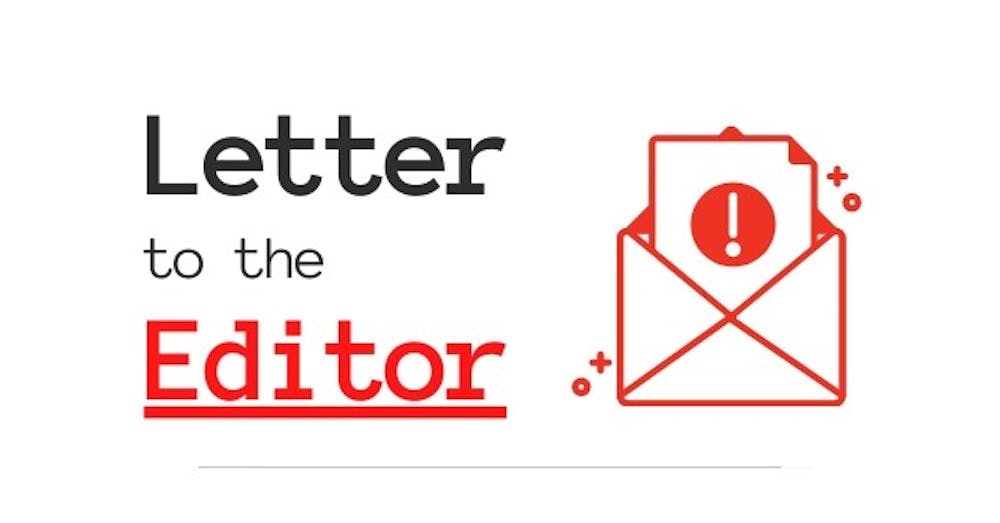New Mexico educators suffered a major disappointment by the Supreme Court’s ruling to strike down Affirmative Action in college admissions. That ruling, combined with the cancellation of the student loan forgiveness plan, signals the beginning of a reversal in economic progress for diverse students in higher education.
As committed educators, we feel obligated to ensure that all New Mexico students have access to quality education despite any obstacles that we may encounter, including the repeal of Affirmative Action.
Decades of research confirm that access to a college education greatly contributes to the economic and social well-being of our communities. Yet, for years, New Mexico has routinely earned low rankings, placing the state at the bottom of the list for its quality of education – coming in at #50 for education in US News & World Report’s 2023 Best States Rankings and the 2023 Kids Count Data Book's child well-being rankings.
Since 2016, the Chicana/o Studies Department has been working to improve educational outcomes through our College Preparation Program at the University of New Mexico. The high school to college pipeline program was designed to help high school students from underrepresented backgrounds prepare for and succeed in college.
We know that CPP participants have a high school graduation rate that is significantly higher than their peers who did not participate in the program. In 2019, the graduation rate for participants was 97% compared to the statewide average of 75%. Fueled by this unprecedented success, we launched an expanded version of the college preparation program called “Initiatives for Student-engaged Educational Ecosystems COLLEGE!” across the state.
We believe that focusing on the interests of students and giving them a voice in their education is imperative to academic success. In New Mexico, over 50% of the population is Hispanic. Consequently, 70% of the students in K-12 schools and nearly half of the undergraduates at UNM are Hispanic.
As part of our new program, culturally rooted curricula that draw on socially relevant history will be developed specific to students’ needs – incorporating local history, traditions and communities.
As teachers, we have witnessed firsthand how students are highly motivated by culturally and linguistically relevant curricula. We have also seen that when students are able to interact with their high school teachers teaching college level classes, it establishes a welcoming environment and builds a bridge that extends from high school to college.
So, we developed an academic program that supports high school and middle school teachers obtaining advanced degrees. Currently, K-12 teachers in nine Albuquerque Public Schools are enrolled in MA and PhD programs, and an estimated 80% of the students in their classes will apply to UNM.
In a state where education scores are lower than average U.S. standards, it’s important for communities and families to be able to find ways for all children to succeed academically. Knowing that efforts are being made to establish a program that helps the teachers, the students and the schools offers hope to New Mexico communities and educators.
Sincerely,
Maggie Werner-Washburne
Get content from The Daily Lobo delivered to your inbox
Regents Professor emerita and Founder, STEM Boomerang, UNM
Irene Vasquez
Professor and Chair, Chicana and Chicano Studies, UNM






